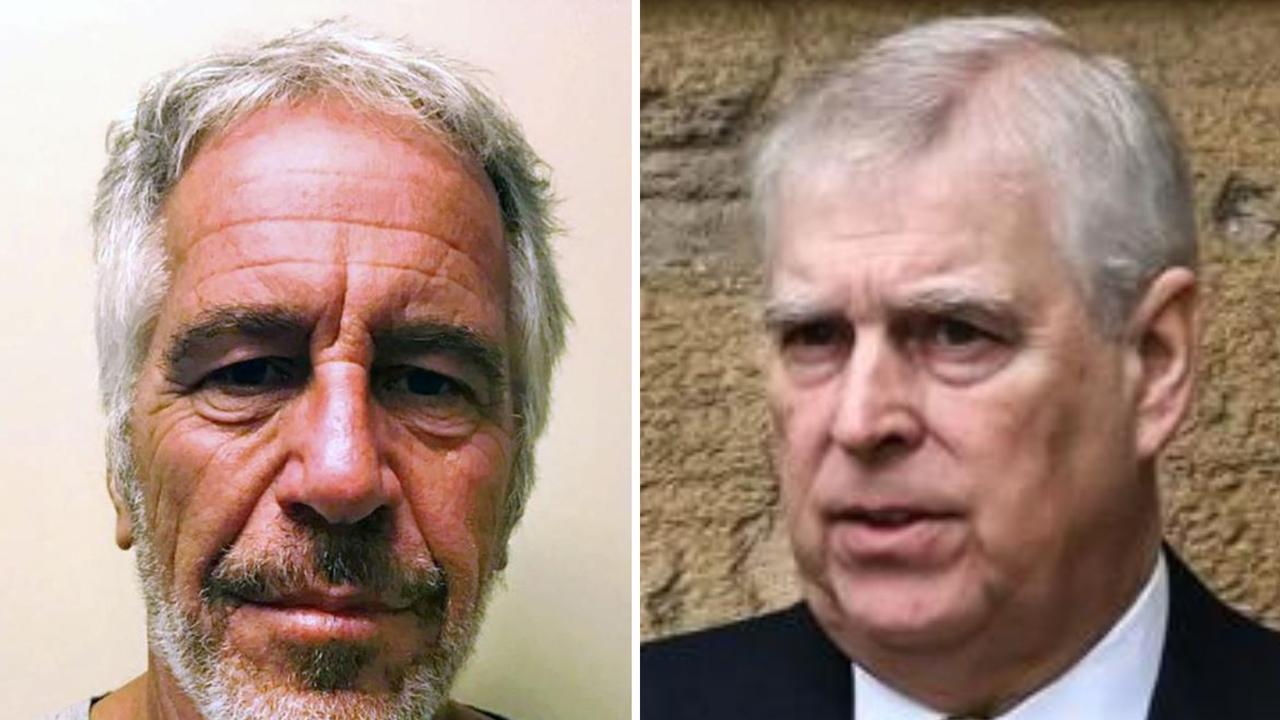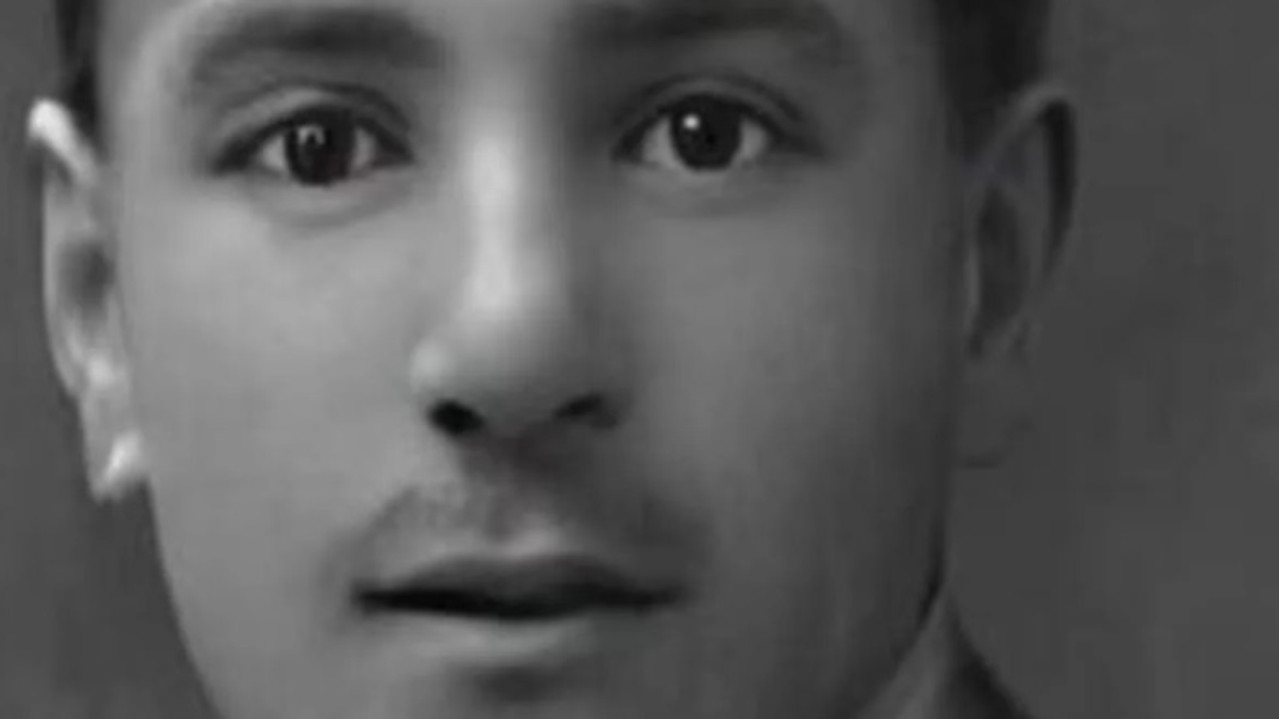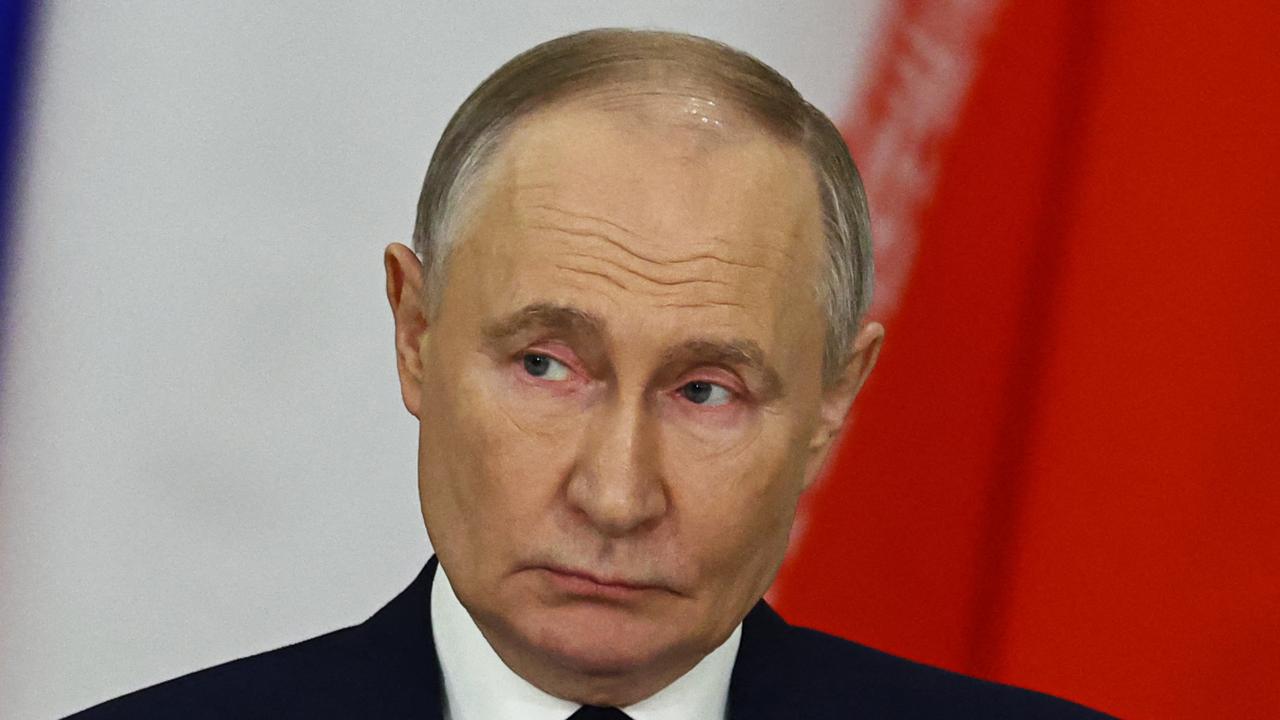Two-year investigation reveals one of the devastating ways Russia has been striking at the core of Ukraine
A two-year investigation conducted by an international human rights law foundation has pointed the finger squarely at Vladimir Putin.
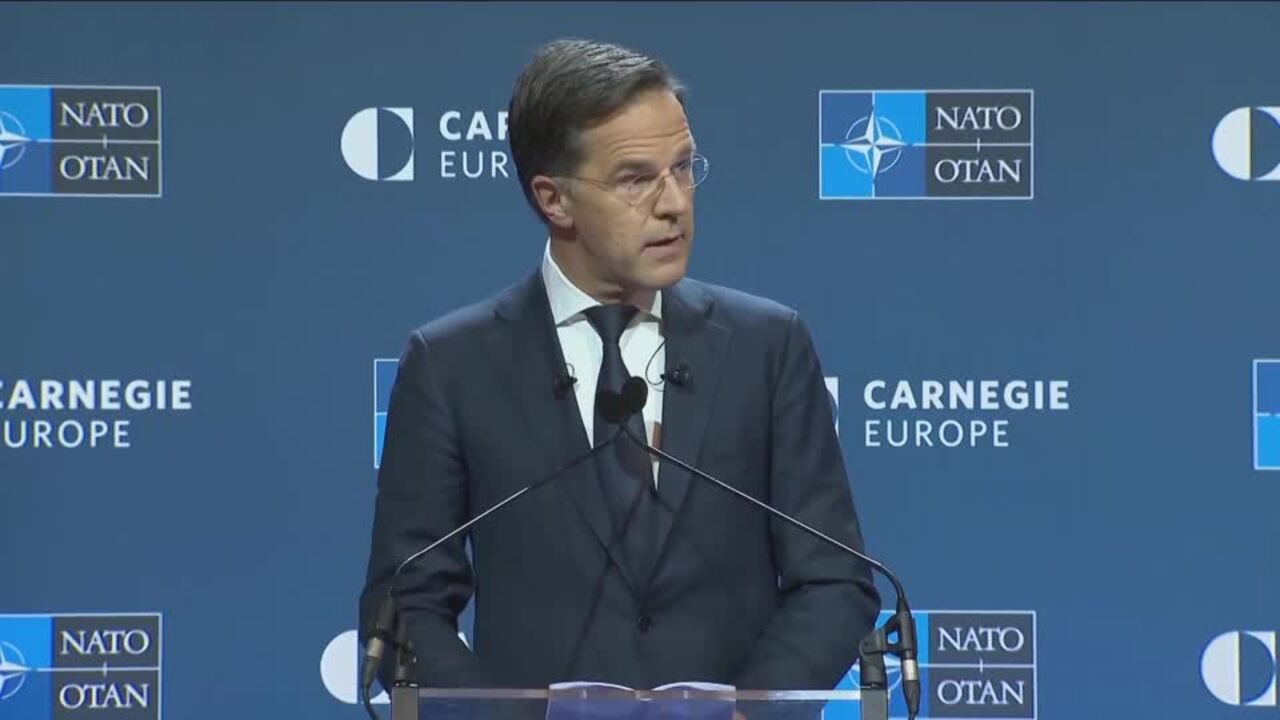
A two-year investigation conducted by an international human rights law foundation has revealed disturbing evidence of Russia’s systematic use of starvation as a weapon of war in Ukraine.
Released this week through a compelling report titled “Harvesting Conflict,” the investigation points the finger at Vladimir Putin’s deliberate attacks on objects critical to civilian survival, targeting food, water, and infrastructure as part of an ongoing strategy to terrorize and punish Ukrainian civilians.
The investigation, conducted by the Global Rights Compliance Starvation Mobile Justice Team (SMJT), has been led by British barrister Catriona Murdoch.
It documents key incidents where Russian forces have weaponised starvation throughout the almost three-year war with Ukraine.
Among the most disturbing findings are the siege of Mariupol, the Chernihiv bread queue attack, the explosion at the Kakhovka Dam, and the deliberate weaponising of Ukraine’s grain supplies.
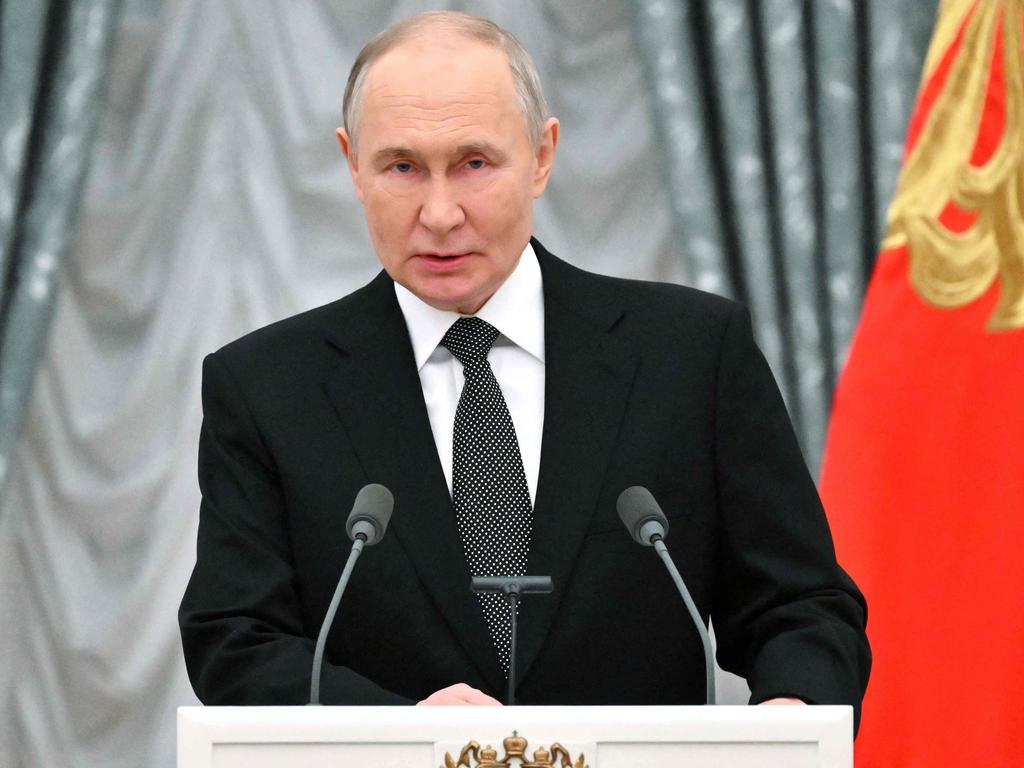
“Over a two-year investigation, the Starvation Mobile Justice Team has found that there are reasonable grounds to infer that there exists a broader, ongoing, and deliberate pattern of attacks against civilian objects, critical infrastructure, and other indispensable objects, with the aim of terrorizing, deliberately starving, and/or collectively punishing Ukrainian civilians,” the report said.
“Such attacks undermine the very fabric and foundations of these Ukrainian communities. The harm caused is far-reaching and trans-generational, impacting all aspects of civilian life.”
The investigation’s findings are a stark reminder of the devastating impact the war has had on the lives of regular Ukrainian civilians.
The report also reminds the international community of its responsibility to respond and hold those responsible for war crimes accountable.
The SMJT’s findings are crucial for understanding the ongoing tactics used in the conflict, especially as Russia’s assault on Ukrainian infrastructure continues.
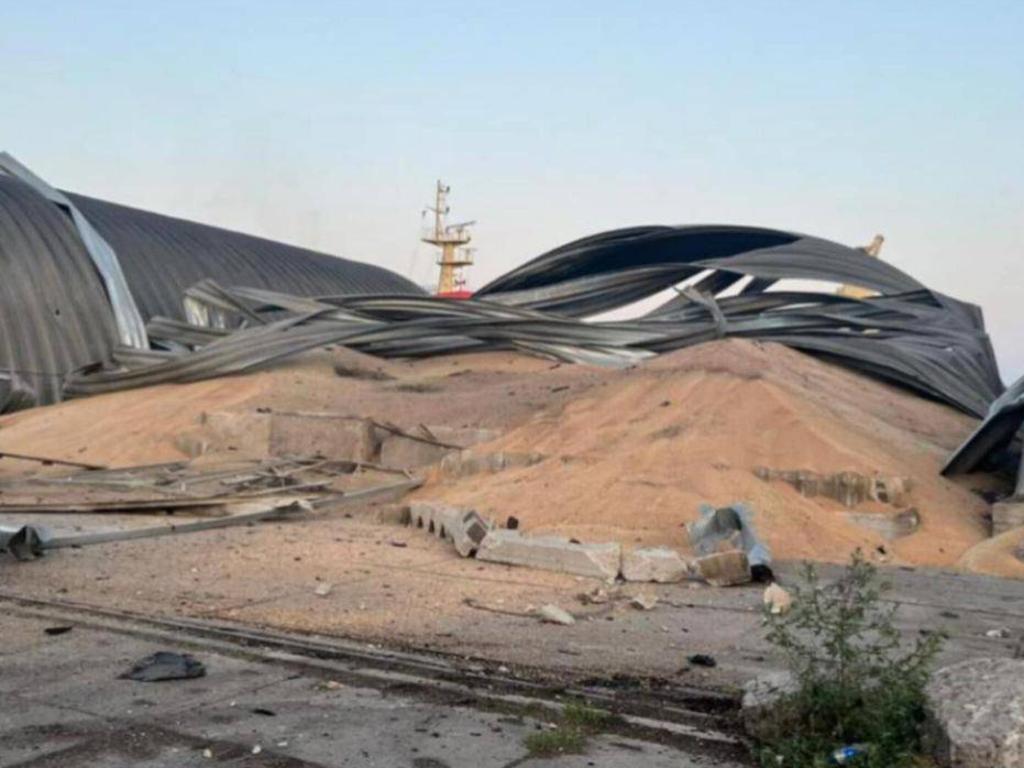
Civilians brutalised by war
Life underground has now become the norm for thousands of children across the war-torn nation.
Russia’s “special military campaign” has devastated large parts of the country and Putin has shown no sign of stopping in his goal to annex the nation and expel NATO influence.
Soldiers on the front lines face devastating conditions as the death toll rises to more than 30,000, while their children back at home go to sleep wondering if the next missile will land on their building.
The devastating human and material losses continue to mount by the day, with Ukraine spending some $140 million dollars every 24 hours to sustain their war effort.
Since February 2022, at least 11,743 civilians have been killed and 24,614 wounded. Ukrainian prosecutors reported 589 child casualties by November 14, 2024.
Meanwhile, more than six million Ukrainians have fled abroad, and nearly four million have been displaced internally, contributing to a 10 million decline in the population.
Toby Fricker, who leads advocacy and communication at UNICEF Ukraine, spoke candidly last month about the devastating toll the conflict has taken on the nation’s youngest and most innocent.
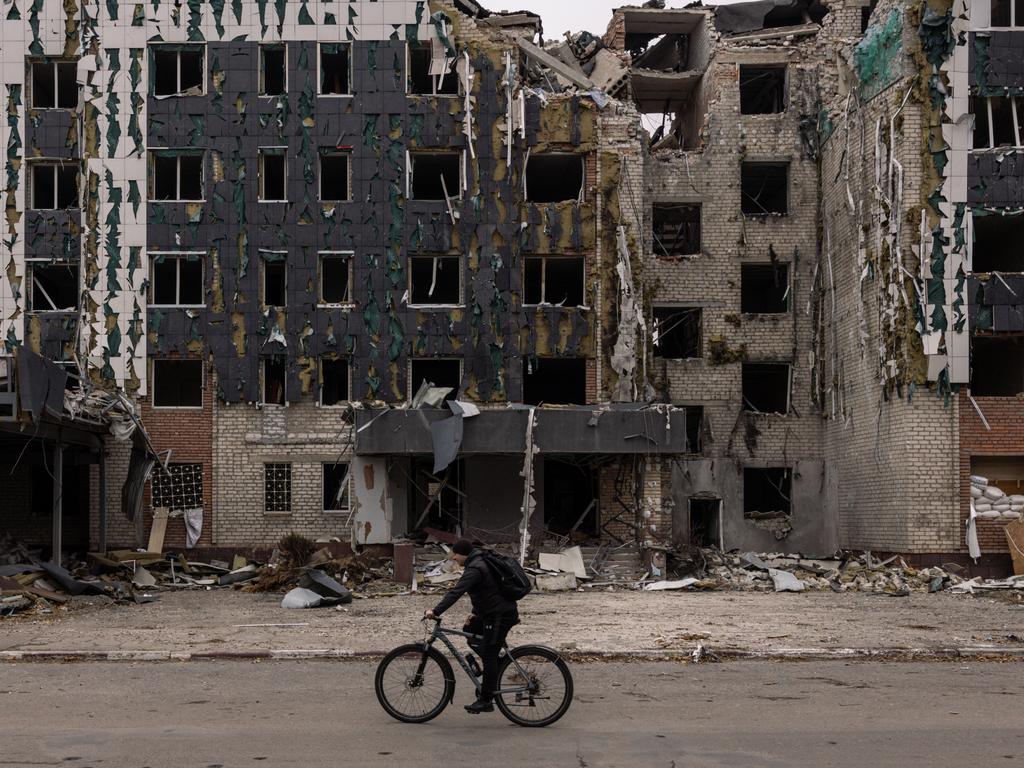
Mr Fricker said the resilience of the Ukrainian people was striking but said there is a profound fatigue that has set in after years of sustained violence.
“There’s extraordinary resilience among people here, especially families and children, despite the devastation and ongoing fighting,” Mr Fricker told news.com.au.
“However, fatigue is setting in after nearly three years of war, and in the east, it’s been over a decade of conflict. What’s particularly concerning for UNICEF is the normalisation of war - what has become everyday life.
“For example, in Kharkiv, schools have been set up in metro stations for safety. Kids are smiling, engaging in lessons in these underground classrooms, but it’s not normal,” he said.
“Many schools are still closed due to the danger, and while online learning is an option, it lacks the crucial interaction and holistic development that in-person schooling provides. The war continues to disrupt everyday childhood, and these challenges are immense.
“It’s astonishing to see, given what’s been going on and the devastation and the impact of attacks and obviously the intense fighting across the front lines.”
US announces $500 million military aid package
Meanwhile, the United States on Thursday announced a new $500 million package of military aid for Ukraine, as Washington races to bolster Kyiv before President-elect Donald Trump takes office.
“The United States is providing another significant package of urgently needed weapons and equipment to our Ukrainian partners as they defend against Russia’s ongoing attacks,” Secretary of State Antony Blinken said in a statement, with the aid to be drawn from US military stockpiles.
Trump’s November election victory has cast doubt on the future of American aid for Ukraine, providing a limited window for billions of dollars in already authorized assistance to be disbursed before he is sworn in next month.
The Republican has said his incoming administration will “probably” reduce aid to Ukraine, which Washington has been steadfastly backing since its invasion by Russia nearly three years ago.
The package announced Thursday includes ammunition for precision HIMARS rocket launchers, artillery ammunition, drones, armored vehicles, and equipment to protect against chemical, biological, radiological and nuclear attacks, along with other equipment, the statement said.
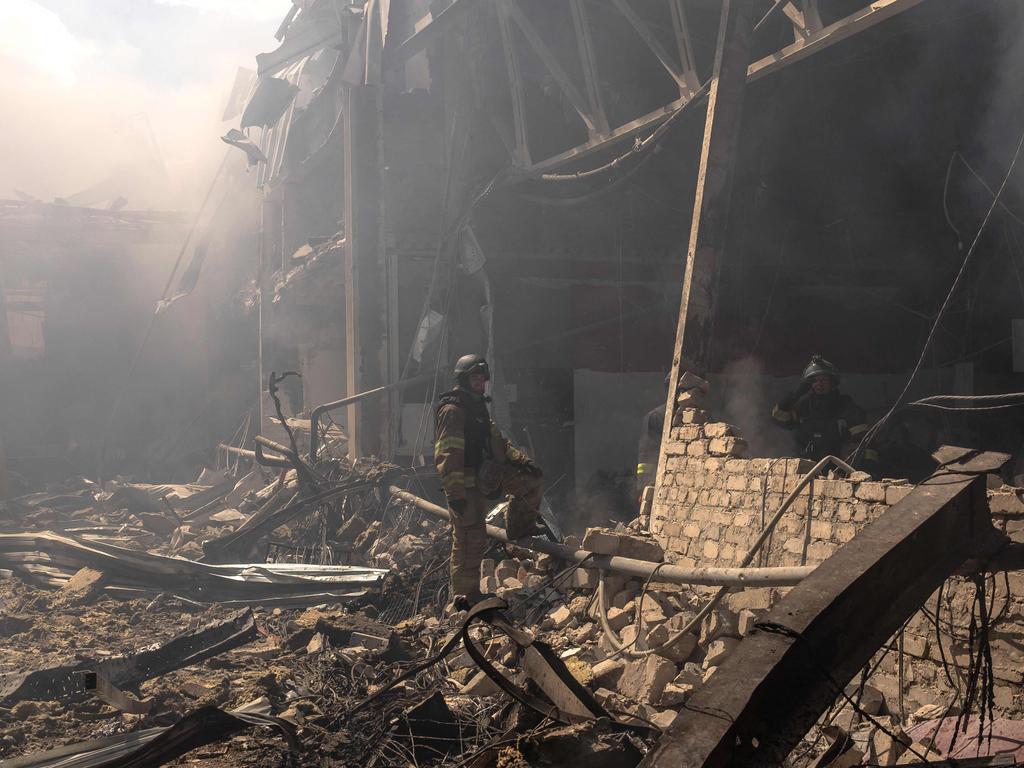
It follows a $988 million security assistance package and a separate $725 million package, both announced earlier this month.
The outgoing US administration is working to get as much aid as possible to Ukraine before Trump -- who has repeatedly criticized US assistance for Kyiv and claimed he could secure a ceasefire within hours -- takes over.
As President Joe Biden has “made clear, we’re going to continue to provide additional packages right up to the end of this administration,” National Security Council spokesman John Kirby said earlier Thursday.
Trump’s comments have triggered fears in Kyiv and Europe about the future of US aid, and Ukraine’s ability to withstand Russian attacks in the absence of further American support.
The United States has spearheaded the push for international support for Ukraine, quickly forging a coalition to back Kyiv after Russia launched its full-scale invasion in 2022 and coordinating aid from dozens of countries.
Ukraine’s international supporters have since then provided tens of billions of dollars in weapons, ammunition, training and other security aid that has been key to helping Kyiv resist Russian forces.
- with AFP

